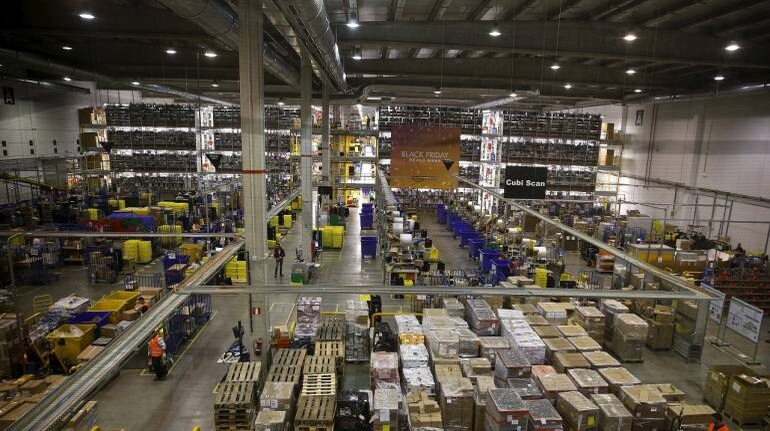



The Department for Promotion of Industry and Internal Trade (DPIIT) has continued to bat for the setting up of a new national regulator for the e-commerce sector to ensure the field remains competitive and new entrants are not restricted. But other ministries have pointed out that existing government agencies, specifically under the Consumer Affairs Ministry can take on the role, senior sources in the know said.
A new draft of the proposed e-commerce policy, discussed at an inter-ministerial meeting last week, has pointed to the wide range of laws and regulations that currently govern the sector due to the cross-cutting nature of e-commerce. This includes the Income Tax Act 1961, Foreign Exchange Management Act, 2000, Consumer Protection Act, 2019 and Information Technology Act, 2000, among others. The draft also stresses that the government is concerned about monopolies forming in the sector and loss of business for small retail traders.
"To ensure that the speed of action is not adversely impacted as a result of fragmented legal domain, Government may create a mechanism to holistically inquire into the violation of various laws and initiate action in accordance with such laws," the draft, reviewed by Moneycontrol, says. Senior officials present at Friday's meeting said under conditions of anonymity that other ministries have suggested against a new regulator with sweeping powers. Instead, they have pointed out the Central Consumer Protection Authority (CCPA), under the Consumer Affairs Ministry can fill the role.
Back in 2018, an earlier draft of the proposed e-commerce policy had suggested the establishment of the CCPA, to act as the nodal agency for intra-government coordination on e-commerce policies. Last year, the CCPA was set up under the Ministry of Consumer Affairs to conduct investigations into violations of consumer rights, order the recall of unsafe goods and services and stop unfair trade practices and misleading advertisements. It also has the power to prosecute and impose penalties on manufacturers, endorsers and publishers of misleading advertisements.
The CCPA's mandate covers both e-commerce as well as physical retail. Also, the Consumer Protection (E-Commerce) Rules, 2020 are implemented by the Consumer Affairs Ministry. "A new regulator to administer the sector would effectively monitor whether e-commerce entities are complying with rules related to taxation, consumer rights and foreign direct investment, all of which already have separate overseeing authorities. To avoid duplication of work, it has been suggested that existing government bodies such as the CCPA can do the job," a senior official said.
Sources at the DPIIT said it's suggested regulator may hear complaints from both consumers, brick and mortar traders and e-commerce players, acting as centralized authority for all non-personal data exchanges. Following existing regulators in other sectors it may also have the legal power to seek data from companies, facilitate dispute settlement and impose penalties, they added. An earlier suggestion to have a secretary-level permanent standing panel composed of various ministries have now been rejected by the Department given the vast size of the sector and the subsequent large number of cases that would come to any future regulator.
Discover the latest Business News, Sensex, and Nifty updates. Obtain Personal Finance insights, tax queries, and expert opinions on Moneycontrol or download the Moneycontrol App to stay updated!
Find the best of Al News in one place, specially curated for you every weekend.
Stay on top of the latest tech trends and biggest startup news.